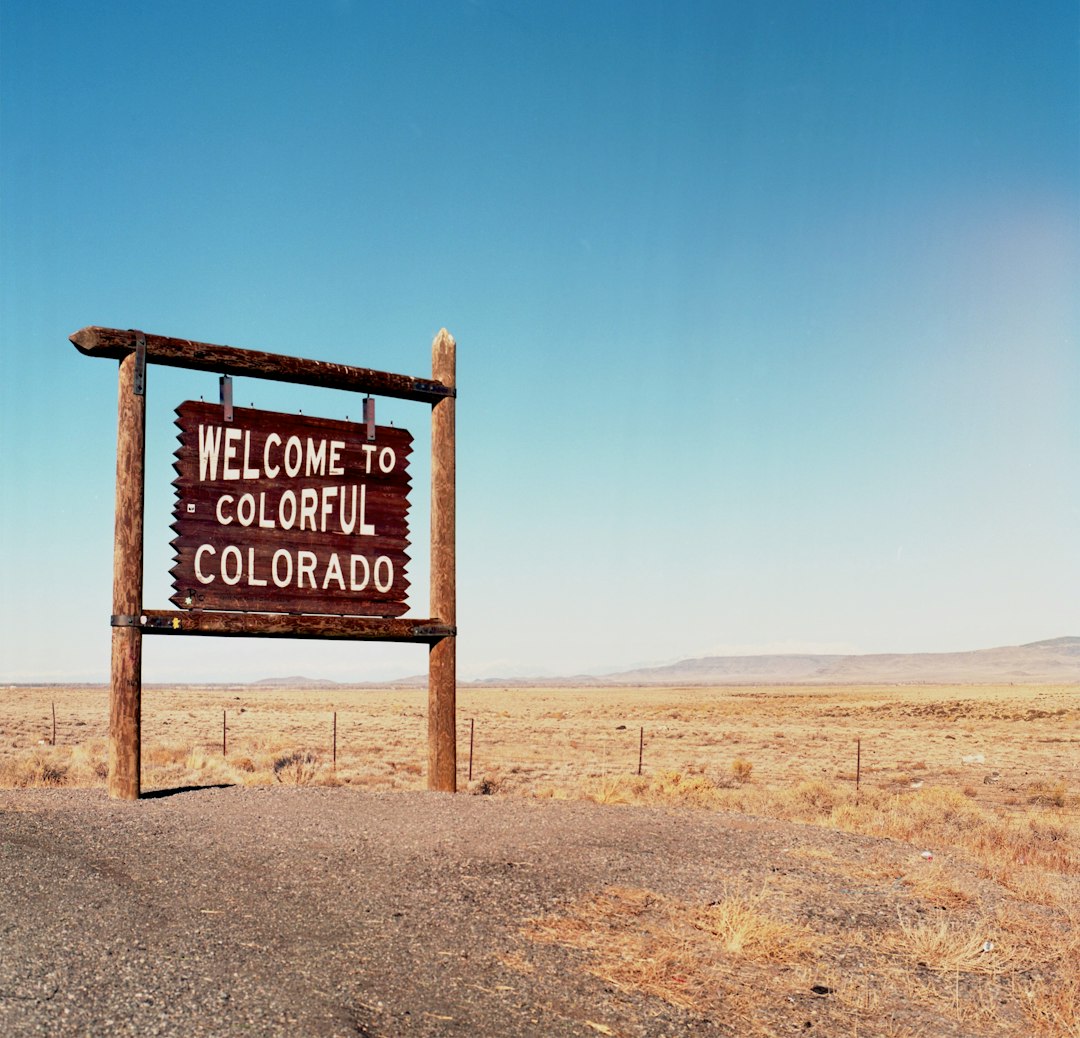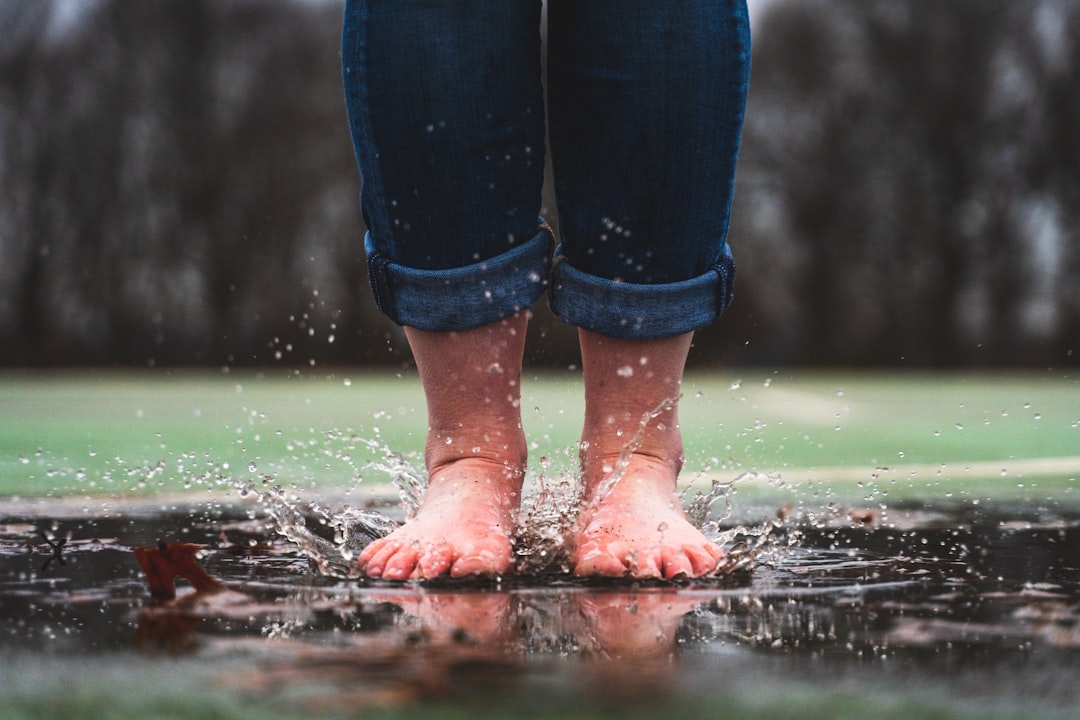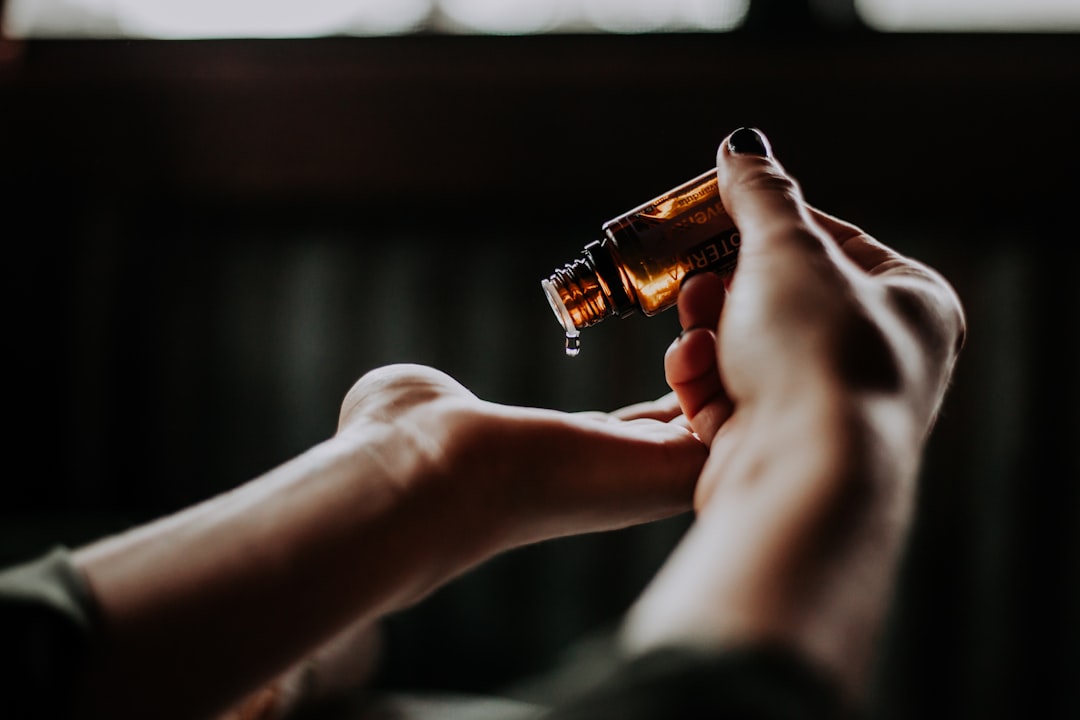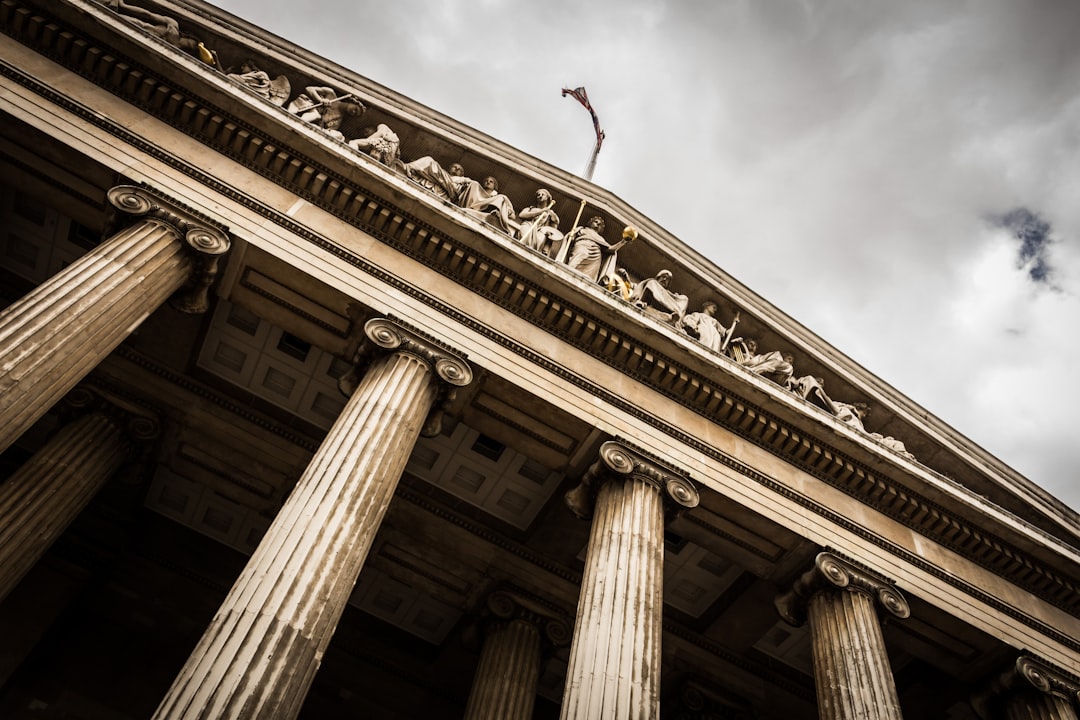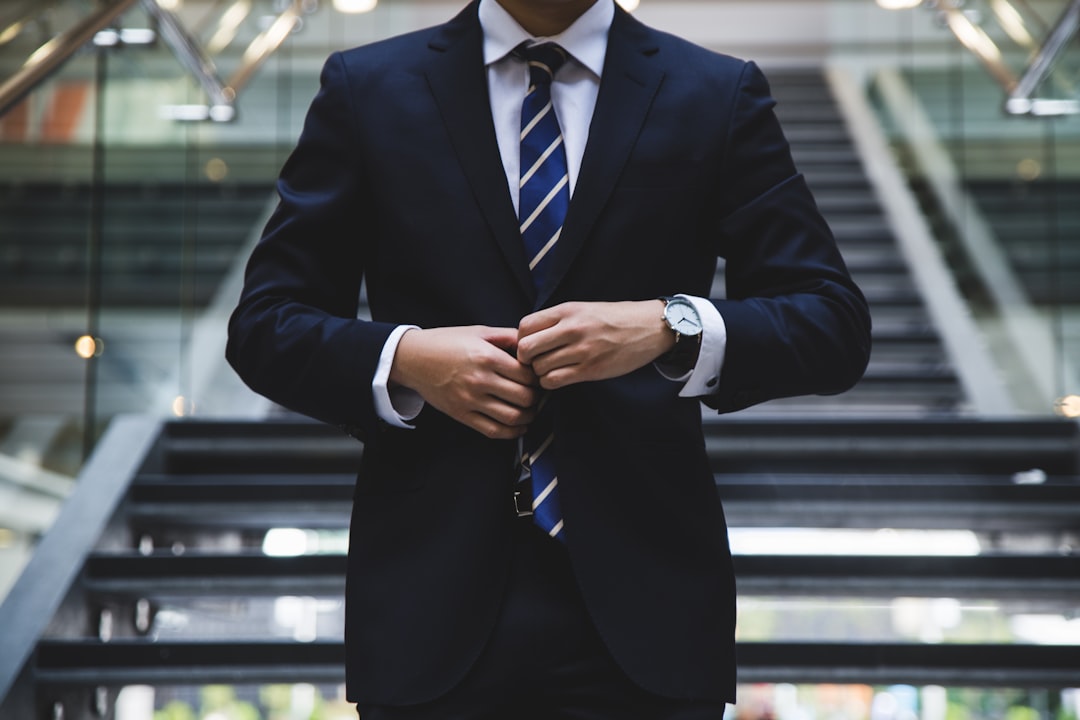In Boulder, Colorado, massage therapy has evolved beyond traditional relaxation, becoming a critical component of community health initiatives. Organizations dedicated to sexual assault recovery use massage for comfort and healing. Community health fairs and outreach programs incorporate massage, with local therapists volunteering to promote self-care and wellness. This reflects Boulder's commitment to holistic healthcare and resilience, empowering survivors and enhancing resident well-being. Massage therapy serves as a powerful tool for trauma management, stress reduction, and long-term wellness, especially accessible through affordable sessions and robust regulatory frameworks, including the presence of massage sexual assault lawyers in Colorado.
In Boulder, Colorado, massage therapy has emerged as a powerful tool within community health initiatives. This therapeutic practice extends beyond physical touch, addressing both physiological and emotional well-being. From stress relief to pain management, massage offers accessible healthcare solutions, especially for underserved populations. However, navigating legal considerations is crucial, particularly regarding licensing and regulation, as highlighted by local massage sexual assault lawyers. Understanding these aspects ensures the safety and effectiveness of massage therapy as a vital community resource.
The Role of Massage Therapy in Community Health Initiatives in Boulder, Colorado
In Boulder, Colorado, massage therapy has emerged as a powerful tool within community health initiatives. Beyond its traditional benefits for relaxation and pain relief, it plays a significant role in supporting vulnerable populations. Organizations focused on sexual assault recovery, for instance, utilize massage therapy to provide comfort, reduce stress, and aid in the healing process for survivors. These therapeutic sessions offer a safe and non-judgmental space, fostering emotional well-being alongside physical relaxation.
Community health fairs and outreach programs also often feature massage therapy as a preventive measure. Local massage therapists volunteer their time to offer brief but impactful sessions, teaching self-care practices and promoting awareness about mental and physical wellness. By integrating massage into these initiatives, Boulder is fostering a holistic approach to community health, where the well-being of mind, body, and spirit are interconnected. This collaborative effort between healthcare professionals and massage therapists underscores the city’s commitment to enhancing the overall health and vitality of its residents, especially through accessible and compassionate services.
Addressing Physical and Emotional Well-being Through Massage Services
Massage therapy offers a holistic approach to addressing physical and emotional well-being, which is especially significant in fostering community health. Beyond its ability to relieve muscle tension and pain, massage can significantly reduce stress levels by lowering blood pressure and promoting relaxation. This is particularly beneficial for individuals dealing with high-stress lifestyles or traumatic experiences such as victims of sexual assault, for whom massage therapy can be a powerful tool for healing and recovery.
In the context of Boulder, Colorado, where there is a thriving community of survivors seeking justice and support, massage services play a vital role in helping individuals process their trauma and rebuild their lives. With the assistance of skilled therapists, survivors can find solace and empowerment through regular sessions, allowing them to regain control over their physical and emotional states. This form of care contributes to the overall health and resilience of the community by enabling individuals to navigate challenging circumstances with greater ease and self-care.
Enhancing Access to Healthcare: Massage Therapy as a Community Resource
In Boulder, Colorado, where access to healthcare services is a priority, massage therapy has emerged as a valuable community resource. Beyond its benefits for relaxation and stress relief, massage therapy plays a crucial role in enhancing overall well-being, particularly for underserved populations. By providing affordable and accessible sessions, local massage therapists contribute to bridging the gap in healthcare accessibility. This is especially significant in light of issues like mass shootings and sexual assault cases that have occurred in Colorado, where survivors often require not only physical but also emotional support.
Massage therapy offers a holistic approach to healing, addressing muscle tension and pain while fostering a sense of calm and relaxation. In the context of community health, this can mean providing much-needed relief for individuals dealing with anxiety, depression, or trauma resulting from traumatic events. Moreover, by increasing awareness about the benefits of massage, communities can better understand how regular sessions can prevent and manage chronic conditions, thereby reducing the burden on traditional healthcare systems and promoting long-term wellness among residents, including those who might not have access to other types of therapy or medical services.
Legal Considerations and the Safety Net for Massage Therapists in Colorado
In Colorado, massage therapists operate within a regulated profession, ensuring client safety and professional standards. Legal considerations are paramount, particularly when addressing issues like consent and boundaries. Massage sexual assault lawyers in Colorado play a vital role in protecting both therapists and clients from potential legal pitfalls, fostering a safe environment for therapeutic practices.
The state’s regulatory bodies enforce strict guidelines on ethics, training, and practice, further solidifying the safety net. This framework not only protects individuals seeking massage therapy but also empowers therapists to provide their services with confidence. It underscores the importance of continuous education and adherence to best practices, ultimately contributing to the overall health and well-being of the community.
